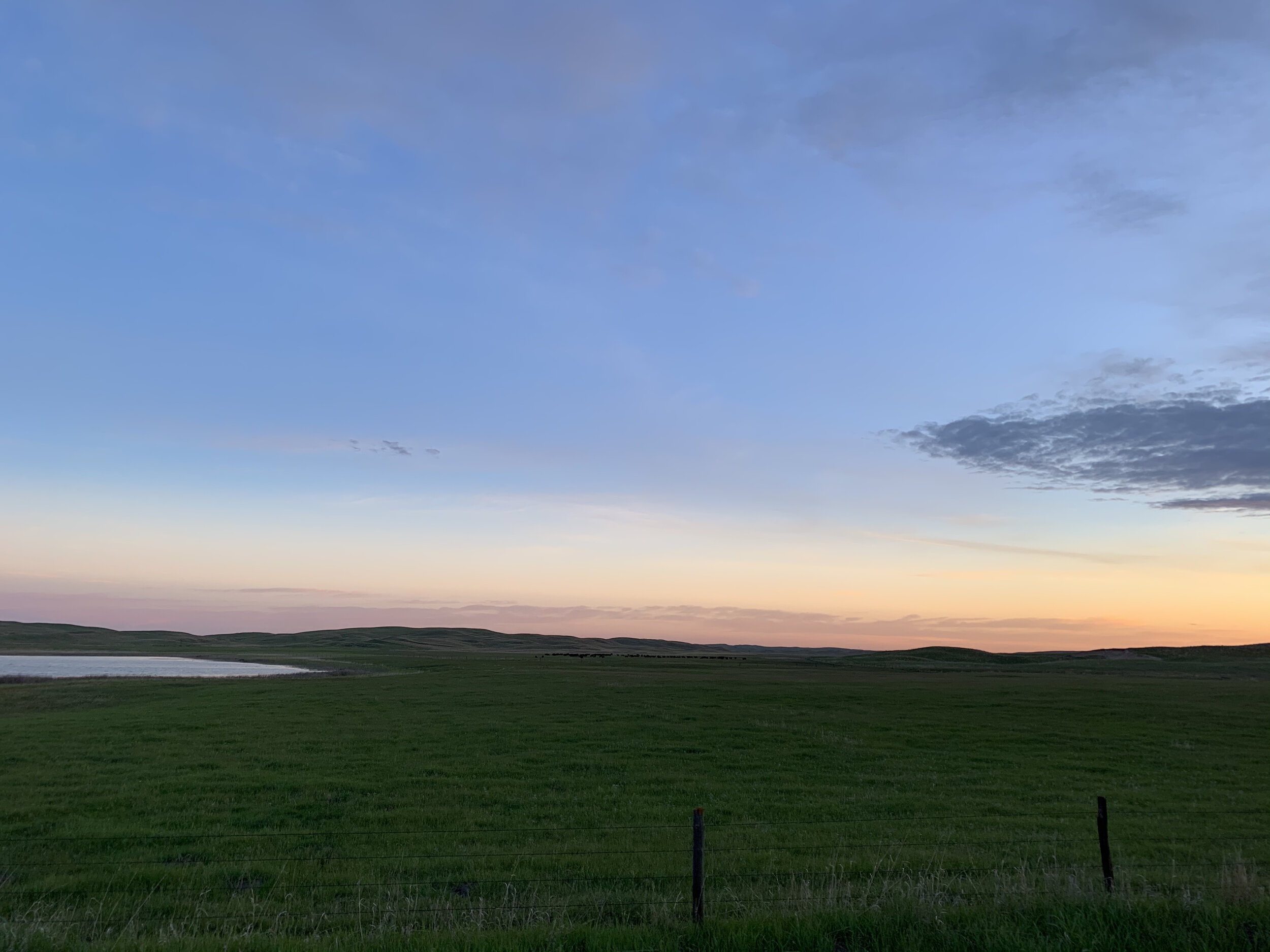The Rural Review
An online journal produced in conjunction with the Rural Reconciliation Project.
The Rural Review publishes digests of important academic contributions, program information, blog-style commentary, and periodic roundups of rural items from across academic disciplines and scholarly media.
Contributions from interested authors are welcome. Find our author guidelines here.
Bryant & Farrell: Conservatism, the Far Right, and the Environment
In Conservatism, the Far Right, and the Environment, Jesse Callahan Bryant and Justin Farrel (both Environment, Yale) review and integrate sociological research with multidisciplinary literature on conservative and far-right environmental thought.
Ashwood et al.: Empty Fields, Empty Promises
In Empty Fields, Empty Promises: A State-by-State Guide to Understanding and Transforming the Right to Farm, Loka Ashwood (University of Kentucky, Sociology), Aimee Imlay (Mississippi State University, Sociology), Lindsay Kuehn (Farmers Legal Action Group), Allen Franco (Federal Public Defender), and Danielle Diamond (Harvard, Animal Law and Policy) use a mixed method approach to analysis and compare state right-to-farm (RTF) laws in practice.
Eminent Domain: After the Pipeline
Event video of discussion among the Rural Reconciliation Project and friends about rural futures, inspired by an upcoming premier of the Angels Theatre Company’s new play, Eminent Domain.
Highsmith: Regulating Location Incentives
In Regulating Location Incentives, Brian Highsmith (Harvard Law) develops a historical, economic, and institutional case for using the Federal Trade Commission (FTC) Act to study the market consequences of inefficient incentive megadeals.
Event Summary: The Rural Voter with Dr. Nicholas Jacobs
The Rural Reconciliation Project was honored to host Dr. Nicholas Jacobs—professor, researcher, and resident of rural Maine—to discuss his new book on the political attitudes of rural communities. The Rural Voter: The Politics of Place and the Disuniting of America, co-authored with Dr. Daniel Shea, examines both historical and modern factors that have influenced and shaped the ‘rural voter’ and is the end result of the largest-ever survey targeted at understanding rural political beliefs.
Electricity Regulation in the Public Power State: Nebraska’s Electricity System and the Debate Between Public Ownership and Public Control
The electricity industry in the United States is undergoing a period of massive and turbulent transition. One recurring question is whether public regulation or public ownership can best serve public interest goals. Nearly every state has an agency with intensive regulatory powers to direct or influence the activities of electric utilities. However, even with state regulatory oversight, private utilities have faced persistent criticism, and public ownership of utilities is often touted as a potentially desirable alternative. In this debate about public ownership versus public control, Nebraska offers an interesting and underexamined case-study.
Clowney: Do Rural Places Matter?
In Do Rural Places Matter?, Stephen Clowney (University of Arkansas Law School) explores various arguments in support of continued investment in rural places. Clowney questions the strength of these arguments but ultimately endorses renewed investment in rural spaces by proposing a new approach to addressing the challenges facing rural communities.
Larch et al.: Economic Sanctions and Agricultural Trade
In Economic sanctions and agricultural trade, authors Mario Larch (Department of Law, Business Administration, and Economics, University of Bayreuth, Germany), Jeff Luckstead (School of Economic Sciences, Washington State University), and Yoto V. Yotov (School of Economics, Drexel University) discuss the impact of economic sanctions, particularly for farmers and agricultural trade.









